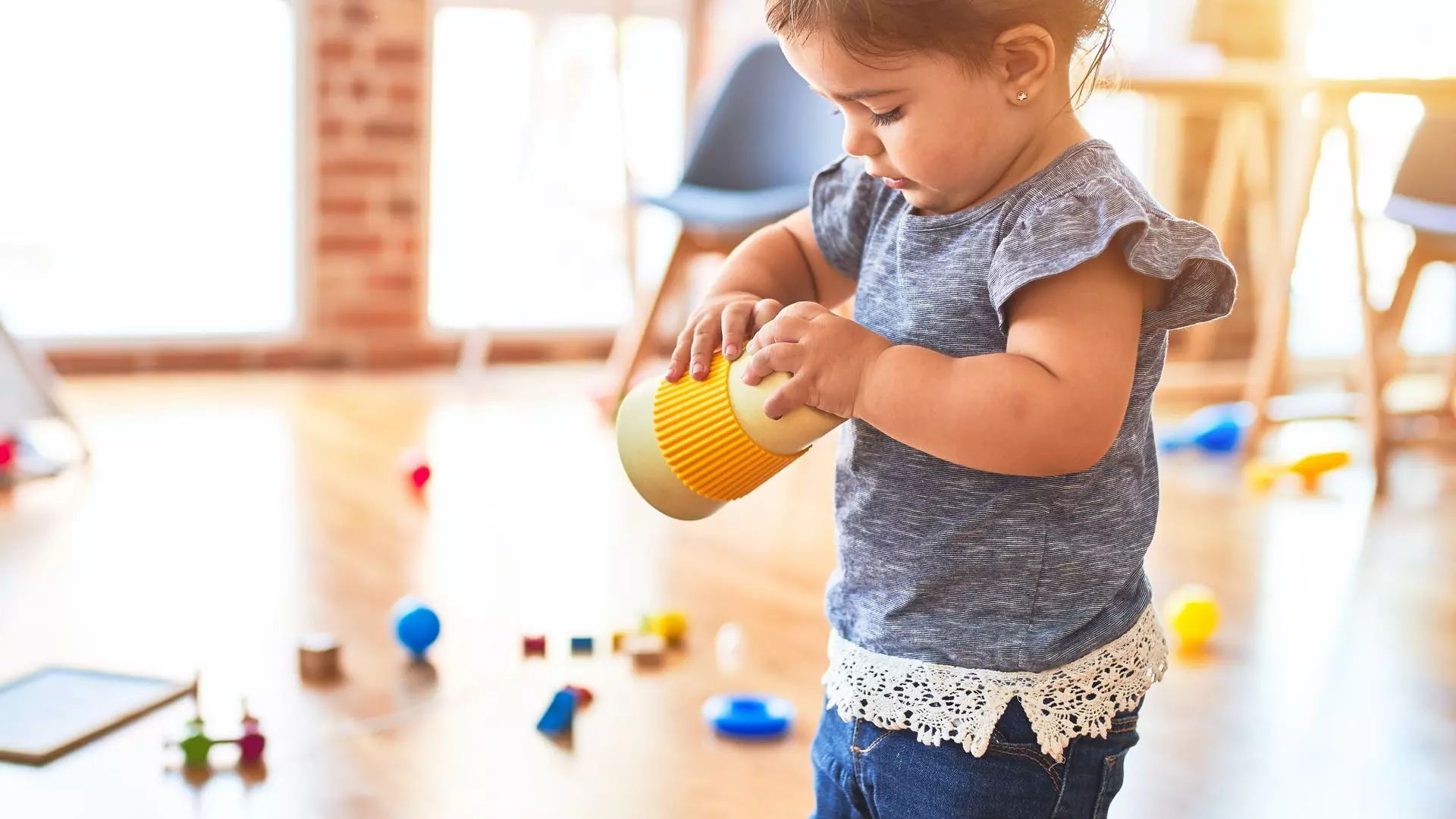Article
The Benefits of Consistent Routines for Children and Nannies

In the whirlwind of daily life, it can feel like you're juggling a million things at once—work commitments, household chores, after-school activities, and let’s not forget trying to find time for yourself. For many parents, managing all these moving parts can leave the household feeling chaotic, with everyone moving in different directions. One powerful tool to bring calm and stability to your family's day-to-day life is a consistent routine.
A routine provides structure not only for children but also for the nannies who care for them. While flexibility is important, having a predictable schedule helps kids feel secure and aids nannies in managing tasks effectively. If you’re struggling to find balance, establishing a routine can be a game-changer.
Why Routines Matter for Children
Children thrive on predictability. Knowing what’s coming next helps them feel safe, secure, and more in control of their environment. Here’s why consistent routines are crucial for a child's development:
1. Fosters Emotional Security
When children know what to expect, they feel secure. Whether it’s waking up, snack time, or bedtime, having predictable events gives kids a sense of stability. In a world where everything can feel new and overwhelming, routine provides comfort. This emotional security is key to their overall wellbeing, helping them to be more confident and independent.
2. Encourages Better Behaviour
A lack of routine can lead to confusion, frustration, and behavioural issues. Without structure, children may act out because they don’t know what’s expected of them. When they know that lunch comes after playtime or that screen time happens after homework, they’re less likely to push boundaries. Clear expectations lead to fewer power struggles, making both your and your nanny’s life a lot easier.
3. Supports Learning and Development
Regular routines create opportunities for learning. For example, when reading time is part of the daily schedule, children grow to expect it and look forward to it. Routines help children practice time management, follow instructions, and develop good habits, such as tidying up after play or brushing their teeth before bed.
4. Promotes Healthy Sleep Patterns
Establishing a bedtime routine is one of the most important things you can do for your child’s wellbeing. Consistent sleep schedules help regulate their internal body clocks, making it easier for them to fall asleep and wake up at the same time each day. Plus, well-rested children are happier and more focused, which benefits everyone in the household.
How Routines Benefit Nannies
While routines are incredibly beneficial for children, they’re also a major help for nannies. A well-structured day allows nannies to plan effectively, manage their time, and care for your child in the best possible way. Here’s how routines make a nanny’s job easier and more efficient:
1. Creates a Clear Framework for the Day
When nannies know the routine, they can plan their day accordingly. Whether it's meal prep, naptime, or outings to the park, routines ensure that tasks are completed efficiently. A clear structure allows nannies to balance caregiving with other household responsibilities, like tidying up or preparing meals, without feeling overwhelmed.
2. Minimises Confusion and Stress
Without a set routine, each day can feel unpredictable and stressful for both children and the nanny. Having a routine in place removes the guesswork. The nanny doesn’t have to wonder when to fit in activities or when certain tasks need to be done. This reduces anxiety for everyone involved and keeps the day running smoothly.
3. Supports Nanny-Child Bonding
Routines provide regular opportunities for meaningful interaction between the nanny and the child. Whether it’s reading a story before naptime or playing together during an afternoon break, routines offer structured times for bonding. These moments help nannies build trust and stronger relationships with the children in their care.
4. Enhances Consistency in Care
A nanny who follows a routine ensures consistency in care, which is especially important for young children. When routines are followed both by parents and the nanny, the child receives a seamless experience throughout the day, reinforcing the benefits of predictability and structure.
5. Makes Transitions Easier
Whether it's transitioning between activities or dealing with separations (like drop-offs and pick-ups), routines help make these changes smoother. Children who know what to expect during transitions are less likely to resist, making the nanny's job less stressful and more enjoyable.
Balancing Flexibility with Structure
Of course, life happens, and no routine should be so rigid that it can’t allow for some flexibility. Special events, spontaneous playdates, or even a change in the weather may mean that plans shift from time to time. The key is maintaining a general structure while being adaptable when needed. If a routine is built with room for flexibility, both children and nannies can enjoy the best of both worlds—stability without rigidity.
Tips for Establishing a Routine That Works for Everyone
- Start Small Begin by establishing a few core activities—like mealtime, nap time, and bedtime—around the same time each day. From there, you can build the rest of your schedule.
- Involve the Nanny Your nanny is an essential part of your family’s day-to-day life, so involve them in creating the routine. They’ll have valuable insights into what works best for your children, and by working together, you’ll create a schedule that benefits everyone.
- Be Consistent Consistency is key. Stick to the routine as much as possible, even on weekends. This will help reinforce the structure for your children and make the routine feel natural.
- Keep It Realistic Don’t overschedule! Children (and nannies) need time to relax, play freely, and unwind. Make sure there’s a balance between structured activities and downtime.
- Review and Adjust As your children grow and their needs change, you may need to adjust the routine. Check in with your nanny regularly to see what’s working and what might need tweaking.
Reach out for help
A consistent routine can be a lifeline for busy parents, providing much-needed structure and predictability for both children and nannies. It creates a stable environment where children can thrive emotionally, learn, and feel secure. For nannies, it reduces stress and ensures that tasks are completed efficiently, while also providing space for meaningful interactions with the children.
So if you’re feeling like you’re constantly juggling too many things at once, start with a routine. It could just be the simple, effective solution to bring more calm, balance, and joy to your family’s day-to-day life.
If you need support on the payroll side of things, don’t hesitate to get in touch with the team at Pay The Nanny.

10 Easy Ways to Entertain Kids during Lockdown

Becoming an Au Pair in New Zealand

Benefits of Hiring an Au Pair in New Zealand

How to Nanny Share in New Zealand
